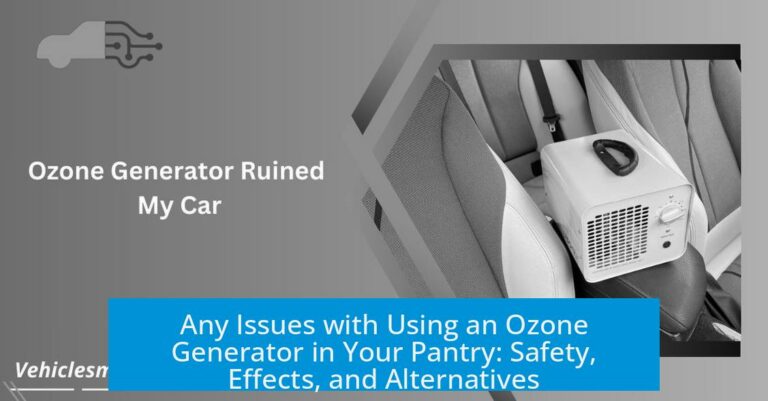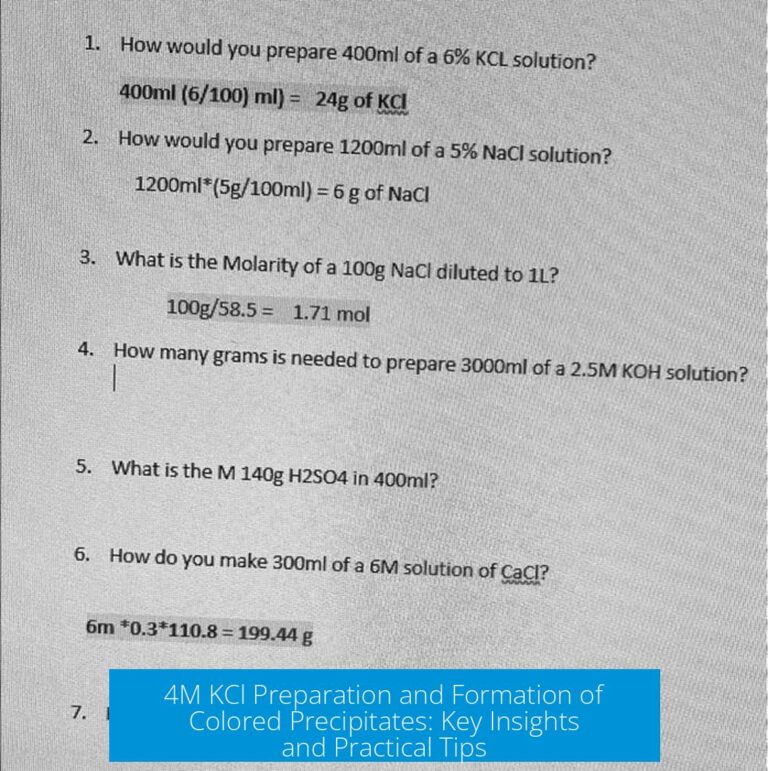Understanding “Caustic” vs. “Corrosive”
There is no example of something that is “caustic” but not “corrosive” because all caustic substances are inherently corrosive.
The terms “caustic” and “corrosive” often cause confusion. Chemically, “caustic” describes substances that strongly react with and break down organic tissue, primarily strong alkalis like sodium hydroxide.
“Corrosive” is a broader term, encompassing any substance that can destroy or irreversibly damage materials or living tissues by chemical action. This includes acids, bases, oxidizers, and other reactive compounds.
Why All Caustic Things Are Corrosive
- Caustic substances are strong bases, e.g., hydroxides of sodium and potassium.
- They induce chemical burns by breaking down proteins and fats in tissues.
- This chemical breakdown is a form of corrosion specific to living tissue.
Therefore, caustic substances always cause corrosion at the molecular level. This means every caustic agent qualifies as corrosive.
Common Usage Distinctions
In industrial and everyday language, “caustic” usually refers only to strong alkalis.
Examples include:
- Sodium hydroxide (NaOH)
- Potassium hydroxide (KOH)
Other corrosive agents like acids (e.g., hydrochloric acid), oxidizing agents, or acidic compounds do not fall under “caustic” even though they are corrosive.
Why No Caustic But Not Corrosive Example Exists
Because “caustic” is a subset within corrosives, the notion of a caustic substance that is not corrosive contradicts their definitions.
Conversely, many corrosive substances are not caustic—for instance, sulfuric acid is corrosive but not caustic.
Key Takeaways
- All caustic substances are corrosive; no caustic non-corrosive examples exist.
- Caustic typically describes strong alkalis like sodium hydroxide.
- Corrosive includes acids, oxidizers, and bases that damage materials or tissue.
- Industrial usage limits “caustic” mostly to alkaline substances.
What does it mean for a substance to be caustic but not corrosive?
By definition, all caustic substances are corrosive. So, there is no substance that is caustic but not corrosive. Caustic refers specifically to strong alkalis that cause corrosion.
Are all corrosive substances considered caustic?
No. Corrosive substances include acids, oxidants, and bases. Only strong alkalis like sodium hydroxide are called caustic. Many corrosives are not categorized as caustic.
Can you give an example of a corrosive substance that is not caustic?
Yes. Hydrochloric acid is corrosive but not caustic. Caustic usually refers to bases, not acids or oxidants, even if they cause corrosion.
Why is sodium hydroxide often called caustic?
In industry, sodium hydroxide is commonly labeled caustic because it is a strong alkali that reacts aggressively with organic tissue and materials, fitting the typical use of the term.
Is the term caustic interchangeable with corrosive in scientific contexts?
Technically yes, but common usage differs. Caustic is used mainly for strong alkalis, while corrosive covers a broader range of substances including acids and oxidants.





Leave a Comment